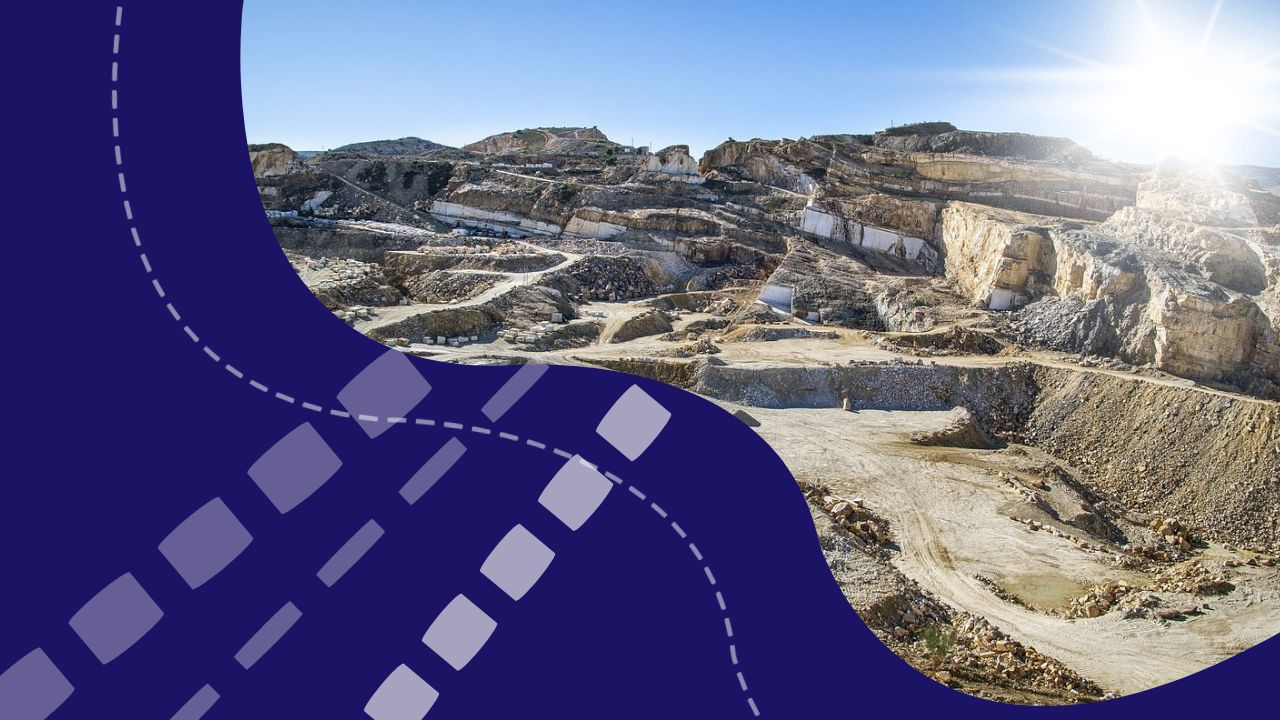The European Union is preparing to establish a central authority to co-ordinate the purchasing and stockpiling of critical minerals in an effort to prevent the United States from securing global supplies ahead of the bloc, according to Stéphane Séjourné, the EU’s executive vice-president for industrial strategy.
Séjourné told the Financial Times that Europe has become “collateral damage” in the intensifying U.S.–China rivalry over access to rare earth minerals, which are essential for defense systems, renewable energy technologies, and advanced electronics.
Tensions escalated after China imposed export controls on 17 rare earth metals in April, a reaction to U.S. restrictions on advanced technology sales to Chinese companies. The Chinese measures forced several EU manufacturers to halt production lines and lay off workers due to shortages of critical inputs. Although Beijing agreed last month to delay broader export curbs for a year following a temporary easing of tariff disputes with Washington, the EU remains exposed.
In response, the European Commission accelerated efforts to diversify and secure supplies of critical raw materials—including rare earths, lithium, and copper—beyond China. Beijing currently dominates the market, accounting for 88% of global rare earth refining, more than 75% of refined germanium and gallium, and roughly 70% of processed lithium, according to EU data.
Séjourné said Brussels intends to create a critical minerals “center” equipped with dedicated funding to conduct purchases, coordinate procurement across member states, build strategic reserves, and encourage EU companies to factor economic security into their supply chains. He acknowledged that Europe is “late” to adopt such mechanisms compared with the U.S., which has invested heavily in domestic mining and struck numerous supply agreements with foreign governments.
“The Americans have a business department that buys stocks of critical materials before us everywhere in the world. They often buy them from under our noses,” Séjourné said.
The proposal—still subject to approval by all 27 commissioners—also calls for rapidly signing supply partnerships with countries such as Brazil and South Africa. Séjourné is scheduled to visit both nations in the coming weeks to advance negotiations.
He further suggested that the EU could consider price floors to guarantee access to domestic reserves, noting that European miners and processors hesitate to invest because cheaper Chinese products can undermine the market at any time. Many companies maintain only a few weeks’ worth of inventory, leaving them vulnerable to supply shocks.
The Commission is expected to issue recommendations to prioritize stockpiling and diversify supply routes, with possible legislation to follow if industry practices do not shift.
Industry voices say urgency is critical. Victor van Hoorn, director at Cleantech for Europe, warned that the recent Chinese export controls were a “wake-up call,” urging the EU to map its vulnerabilities and aggressively de-risk its supply chain.
While the EU set domestic production goals for critical minerals in 2023, new projects face delays due to lengthy permitting processes and environmental resistance.
Séjourné also backed the Dutch government’s decision to seize chipmaker Nexperia from its Chinese owner, calling it an action taken “in the European interest,” despite Beijing’s anger and subsequent disruptions to EU chip supplies.
Looking ahead, the EU’s plan will also support research into technologies that require fewer or no rare earths. “The best way to become independent is not to have to use the raw material,” Séjourné said.

